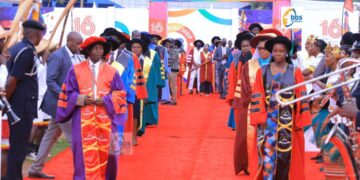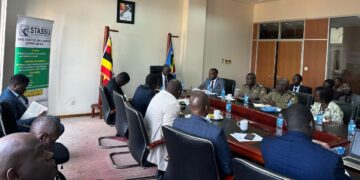Chief Justice David Maraga, has asked President Uhuru Kenyatta to dissolve his Parliament to allow women occupy one-third of seats in the country’s August House.
CJ Maraga said the dominance of males in Parliament is due to the legislators failure to meet a constitutional provision which would allow for one-third of seats to be occupied by women.
In an advisory sent to President Uhuru Kenyatta on Monday, Chief Justice David Maraga said the failure to enact the legislation was clear testimony of legislators’ “lackadaisical attitude and conduct” in relation to the two-thirds gender rule.
He warned that failure to allow women occupy one-thirds of Parliament would drag the country into economic hardships especially at the time when the country is faced with COVID-19.
“There is no doubt that the dissolution of parliament will cause inconvenience and even economic hardship. The fact that Kenya is in the midst of the coronavirus pandemic only exacerbates the potential impact of the decision,” wrote Maraga.
“Yet that is the clear result Kenyans desired for parliament’s failure to enact legislation they deemed necessary. We must forget that more often than not, there is no gain without pain.”
Constitutionally, no more than two-thirds of any elected or appointed body can be of the same gender, however, women hold only 22% and 31% of seats in the country’s lower and upper house of parliament respectively.
In 2012, courd directed Parliament to pass legislation to enforce the gender rule or risk being dissolved – but previous attempts have failed with female members of Parliament accusing male legislators of deliberately blocking efforts.
Feminists and other Human rights defenders welcomed Chief Justice Maraga’s proposal stating that it would provide significant representation of the female gender who they allege face a barrage of sociopolitical challenges such as sexual harassments and violence but some political analysts said the advisory does not compel the president to act.
Women make up a third of the 2.5 million people employed in the formal sector, according to the Kenya National Bureau of Statistics. While women provide 80 percent of Kenya’s farm labour, they own only 1 percent of agricultural land.
The percentage of women in Kenya’s Parliament is lower than east African neighbours such as Ethiopia, South Sudan, Burundi and Rwanda, according to Inter-Parliamentary Union.








































